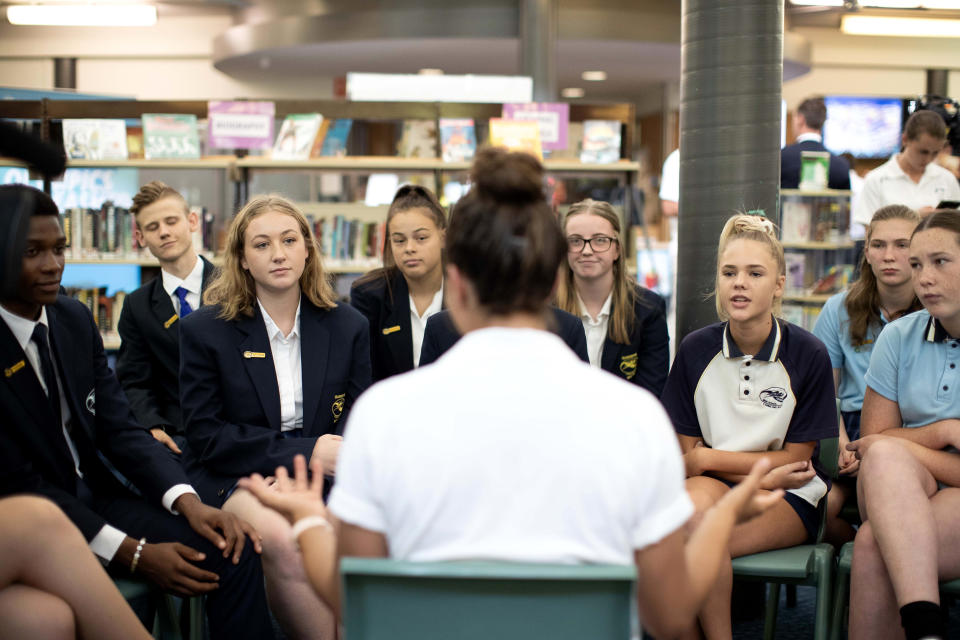‘Bold shift in direction’: How young people will get jobs in 2025

The national education system will need to undergo a “bold shift in direction” if high school graduates are to be job-ready for a post-pandemic world, a new review has found.
The ATAR model is no longer enough to equip students with the skills they need, and teachers are frustrated by the way it narrows the scope of what they can teach, according to a review of secondary pathways into work.
Students leaving school to enter the workforce have to be more than merely “employable”, the review’s final report said.
“They need to be adaptable, flexible and confident. Education must provide students with the essential attributes they require for lifelong learning in whatever fields of endeavour they may choose.”
“Substantive change is needed, but there is no easy solution. There is no national panacea.”
Also read: Recession deals $32,000 blow to young Australians
Also read: ‘Devastating truth’ behind youth unemployment in Australia
ATAR, which sees a student’s entire high school career summed up in a single figure, cannot be seen as the only measure of success.
“Academic achievement is important but not the sole reason for schooling. We need to focus more on preparing the whole person, no matter what career path they choose.
“The professional and applied skills they need will change significantly over their lives. The jobs they do will be transformed. Some, driven by entrepreneurial ambition, will want to set up their own businesses. Most will switch careers.”
The skills Aussie school graduates should have: panel
According to the panel review, the national education system needs to meet a range of critical outcomes, including equipping students with ‘essential skills’ of literacy, numeracy and digital proficiency skills, as well as employability skills, creativity, entrepreneurial capability, financial and interpersonal skills.
School leavers should be provided with a ‘learner profile’ that identifies their skills, knowledge and experience both in and outside the classroom.
Students should also be given the chance to explore all education and work prospects, and be well-informed of these options. Career guidance should also be doubled down on, with advice to be regular, more intensive, and extend beyond school years.
Schools must develop strong relationships with industries, with a strong focus on collaborating with local businesses and employers.
The review also proposed an ‘education passport’ that would communicate a student’s education, skills and qualification as they move through their career.
In the proposed reform, all students should have equal opportunities for success, meaning students from disadvantaged backgrounds should be offered targeted support.
“Young people will be encouraged to stay in school until they have completed Year 12.”
A one-size-fits-all learning environment should be scrapped, and digital micro-credentials and short courses should be made available to students.
Finally, the government should make decisions on policy that is based on evidence and data.
Reform of the education system could not wait until the Covid-19 crisis was over, the review said.
“Rather, we argue that both the need and the opportunity for significant change is now even greater. Reform can become part of the ‘new normal’.
“Schools, principals and teachers have exhibited their extraordinary capacity for flexibility and resilience. They are up for the challenge.”
Make your money work with Yahoo Finance’s daily newsletter. Sign up here and stay on top of the latest money, economy, property and work news.
Follow Yahoo Finance Australia on Facebook, Twitter, Instagram and LinkedIn.

 Yahoo Finance
Yahoo Finance 

